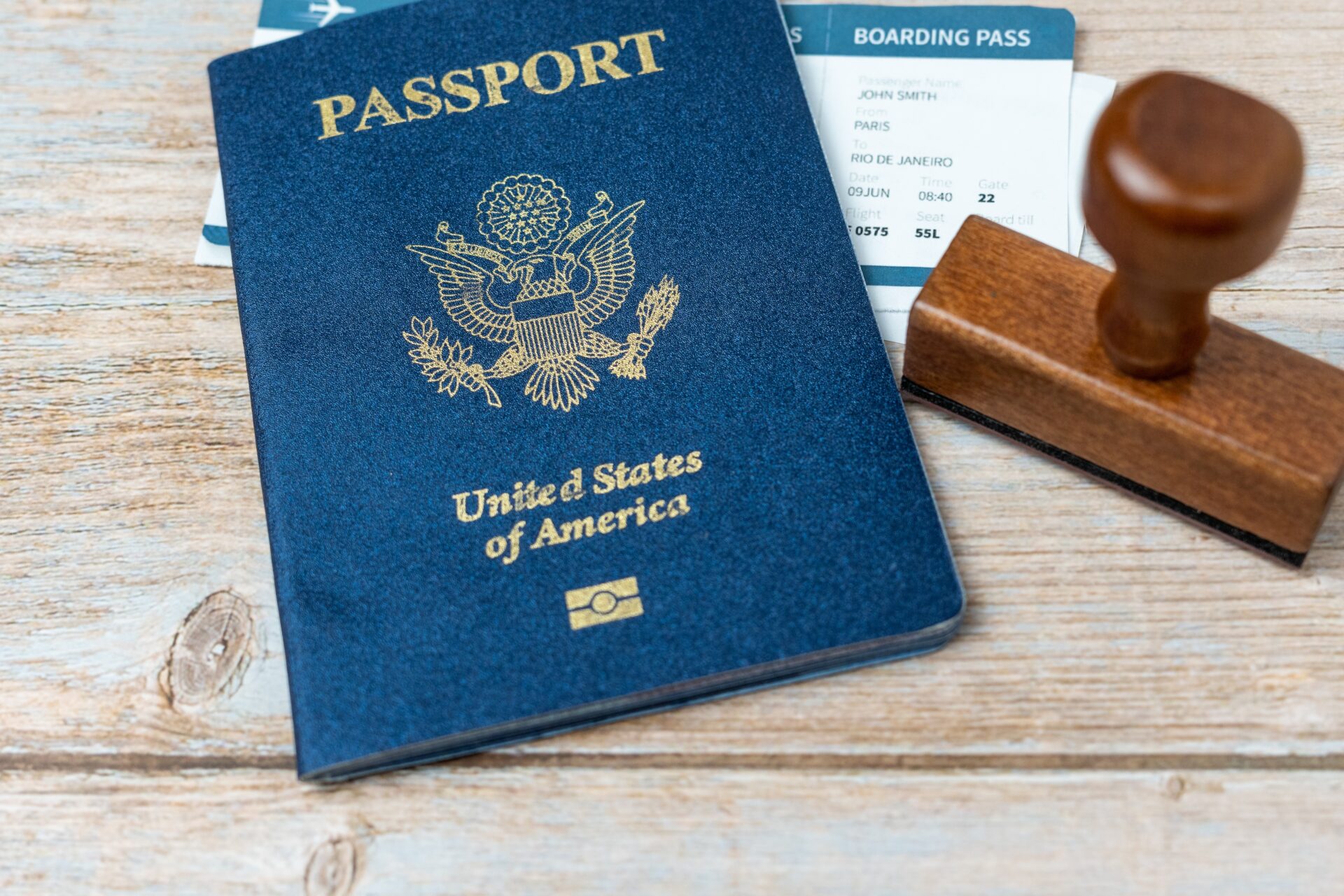
Passport Rights Under ATTACK!
A new bill in Congress would let the Secretary of State revoke or deny U.S. passports without requiring a criminal conviction or court order.
At a Glance
- The bill allows passport revocation based on administrative determinations, bypassing courts.
- Proposed by Rep. Brian Mast, it would expand powers of Secretary of State Marco Rubio.
- Civil liberties groups warn the bill could silence critics of U.S. policy.
- Current due process safeguards, including appeals, would be sharply reduced.
- The measure reflects a wider trend of executive expansion in immigration and security.
Proposed Expansion of State Department Authority
Rep. Brian Mast (R-Fla.) introduced legislation that would authorize the Secretary of State to deny or revoke passports for any citizen “determined” to have aided foreign terrorist groups. Unlike existing law, the bill does not require a criminal conviction or judicial review before revocation. This marks a significant departure from established practice, which has historically required due process before such measures could be enforced.
The bill’s broad and vague language has already raised alarm. Legal observers warn that activists, journalists, or academics critical of U.S. foreign policy could find themselves vulnerable. Concerns were amplified by recent cases, such as the revocation of a Turkish student’s visa over critical writings unrelated to terrorism. Such precedents, critics argue, demonstrate how loosely defined national security powers can be used to silence dissent.
Watch now: Passport Power Grab Alarms Americans
Rubio’s passport bill is a civil liberties nightmare.
It lets him revoke U.S. passports with no conviction, on vague claims like “material support for terrorism.” Translation: dissent = exile.
Free speech? Gone. Passports pulled for tweets, op-eds, or protests he doesn’t like.… pic.twitter.com/jHnH7hfRXf
— Jennifer Get In Good Trouble (@TheJenniWren) September 14, 2025
Constitutional and Civil Liberties Concerns
The Supreme Court has long recognized international travel as a fundamental right, placing strict limits on government interference. Current statutes, such as the FAST Act of 2015, allow revocation for specific issues like unpaid tax debt, but require certification and provide avenues for appeal. By contrast, the new proposal would give the State Department authority to act on suspicion alone.
Civil liberties groups have issued strong objections. Under the bill, citizens would have only 60 days to challenge a revocation, a period critics argue is inadequate for preparing a defense. Without robust oversight, they contend, the law could be wielded to intimidate or punish individuals for political speech. This erosion of due process protections, they warn, risks undermining both civil rights and public trust in democratic institutions.
Broader Policy Context
The bill arrives amid a wave of executive actions tightening restrictions on movement and immigration. The 2025 travel ban, which now affects 19 countries, exemplifies this trend toward expanded federal authority over who may enter or exit the United States. The proposed passport law aligns with that pattern, further consolidating power within the executive branch.
Critics argue the lack of precise definitions in the bill leaves room for arbitrary enforcement. Given the current political climate, the potential for selective targeting is a major concern. While the bill is only at the early hearing stage in Congress, its progress will be closely monitored by both supporters of stronger national security powers and defenders of civil liberties who see it as a dangerous overreach.
Sources
Reuters
Bloomberg
Politico
Congress.gov


